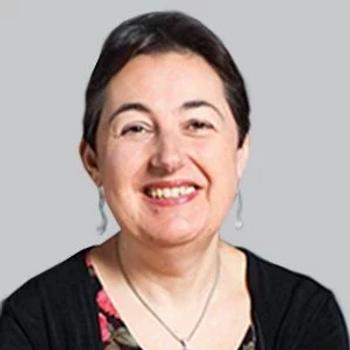
In addition to showing a tolerable safety profile, EQU-001 resulted in reduced IL-17 and IL-1b plasma levels relative to baseline and limited the ability of peripheral mononuclear cells to secrete additional pro-inflammatory cytokines.

In addition to showing a tolerable safety profile, EQU-001 resulted in reduced IL-17 and IL-1b plasma levels relative to baseline and limited the ability of peripheral mononuclear cells to secrete additional pro-inflammatory cytokines.

The investigational therapy from Xenon Pharmaceuticals showed marked reductions in monthly seizure frequency from months 14 to 20, with consistent safety and good retention rates.
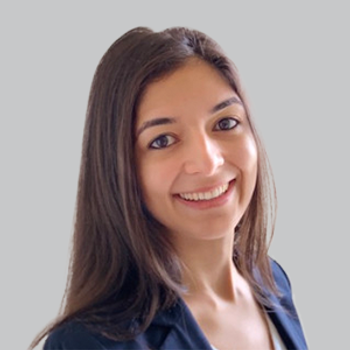
A retrospective observation study presented as a poster at the 2022 AES annual meeting revealed that youth with focal epilepsy were more at risk for suicidal ideation when there is a delay in receiving a diagnosis.
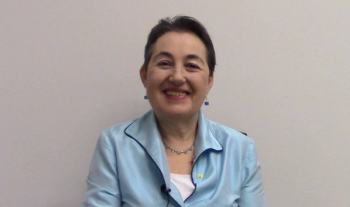
The professor of neurology at NYU Grossman School of Medicine and chief medical officer of the Epilepsy Foundation discussed the critical need to ensure the proper classification of seizures when enrolling patients in clinical trials. [WATCH TIME: 4 minutes]
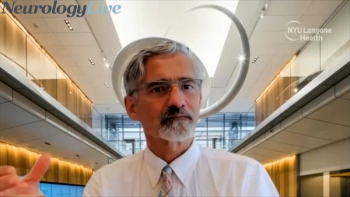
The director of NYU Langone’s Alzheimer’s Disease Research Center discussed noticeable advancements within the field of Alzheimer disease in recent years and how they contribute to gaining a better understanding of the disease. [WATCH TIME: 5 minutes]
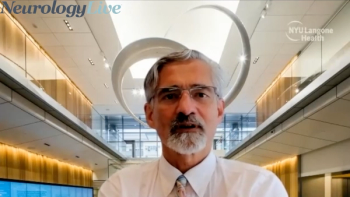
The director of NYU Langone’s Alzheimer’s Disease Research Center and Center for Cognitive Neurology discussed current knowns and unknowns about the pathology of Alzheimer disease. [WATCH TIME: 4 minutes]
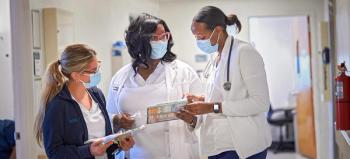
NYU Langone Health has been recognized as No. 1 in quality and safety for inpatient and ambulatory care by Vizient, Inc. On Wednesday, September 21, 2022.

The director of NYU Langone’s Alzheimer’s Disease Research Center and Center for Cognitive Neurology provided perspective on raising awareness for World Alzheimer’s Day and the ongoing challenges patients with the disease face.
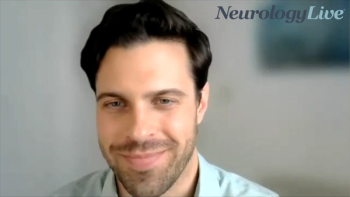
The clinical assistant professor of neurology in the Comprehensive Epilepsy Center at NYU Langone Health gives recommendations for clinical care on prescribed antiseizure medication and RNA therapy. [WATCH TIME: 5 minutes]
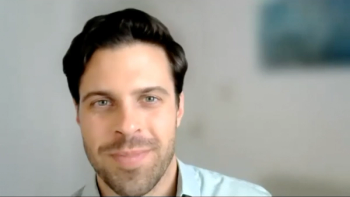
An overview of the shifting landscape of antiseizure medication and various neurostimulation devices is shared by the clinical assistant professor of neurology in the Comprehensive Epilepsy Center at NYU Langone Health. [WATCH TIME: 5 minutes]

The clinical assistant professor of neurology in the Comprehensive Epilepsy Center at NYU Langone Health shared an overview of the various neurostimulation devices that have made their way into the clinical care of seizure disorders. [WATCH TIME: 4 minutes]
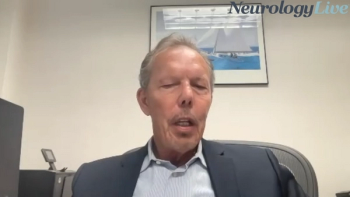
The professor of psychiatry and cell biology at NYU Langone provided commentary on new findings which challenge traditional theories on the root of Alzheimer disease and how it is targeted. [WATCH TIME: 17 minutes]
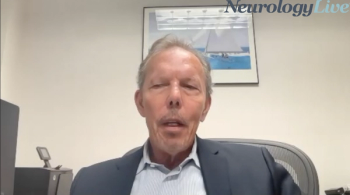
The professor of psychiatry and cell biology at NYU Langone discussed how validation of lysosomal autophagy will only simplify the understanding of the root causes of Alzheimer disease. [WATCH TIME: 4 minutes]
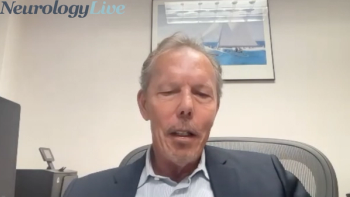
The professor of psychiatry and cell biology at NYU Langone pleaded his case for why the Alzheimer community should begin to turn to other drug development strategies, including the relatively young phenomenon of autophagy. [WATCH TIME: 3 minutes]

The professor of psychiatry and cell biology at NYU Langone provided insight on new findings that uncover the sources of neuronal damage in Alzheimer disease that may explain the failures of antiamyloid therapies.
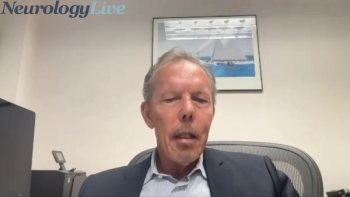
The professor of psychiatry and cell biology at NYU Langone provided insight on the reaction to a new paper that challenges how traditional drug development has approached Alzheimer disease. [WATCH TIME: 4 minutes]

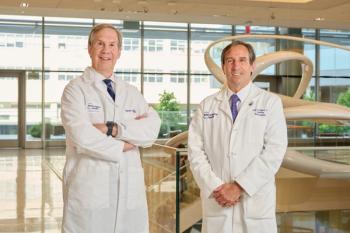

The associate professor in the Department of Rehabilitation Medicine at NYU Langone discussed a recent study on a new tool aimed at quantifying movements during stroke rehabilitation.
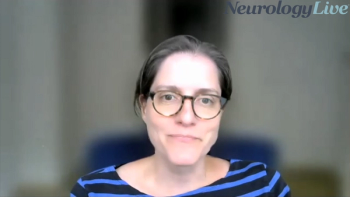
The associate professor in the Department of Rehabilitation Medicine at NYU Langone provided commentary on when the PrimSeq digital tool could see substantial impact on rehabilitation for stroke survivors and other neurological diseases. [WATCH TIME: 4 minutes]
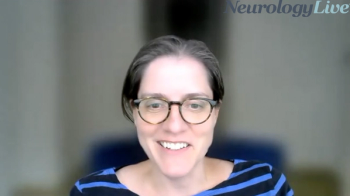
The associate professor in the Department of Rehabilitation Medicine at NYU Langone discussed the current methods of prescribing rehabilitation and why a new digital tool can improve them going forward. [WATCH TIME: 3 minutes]
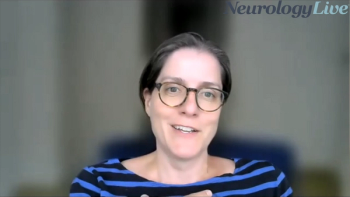
The associate professor in the Department of Rehabilitation Medicine at NYU Langone provided insight on a recent study that utilized a novel digital tool to track the movement intensity of their stroke rehabilitation. [WATCH NOW: 4 minutes]
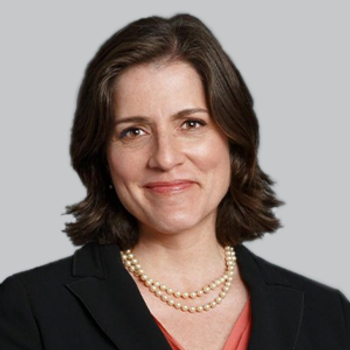
The digital tool was used to evaluate more than 12,500 recorded upper body movements among a cohort of 41 adults undergoing poststroke rehabilitation exercises.

Jacqueline A. French, MD, discussed the factors that influence the challenges in treatment selection in epilepsy, and how patient conversations and comprehension of heterogeneity can help in the treatment selection process.
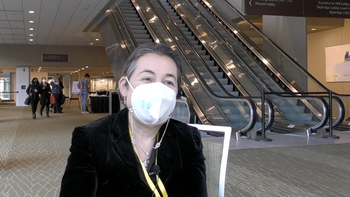
The codirector of Epilepsy Clinical Trials at NYU Langone spoke to the progress that’s been made in treating refractory epilepsy and her hopes for the future of drug development in this area of medicine. [WATCH TIME: 5 minutes]
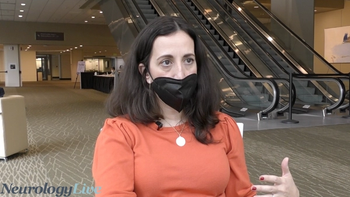
The professor of neurology at NYU Langone Grossman School of Medicine discussed what high-potential repurposed medications could be an option to treat symptoms of COVID-19 and the realistic possibility of clinical trials. [WATCH TIME: 4 minutes]
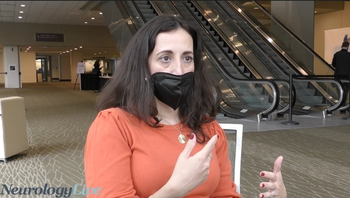
The professor of neurology at NYU Langone Grossman School of Medicine broke down the knowns and unknowns about long-term changes related to COVID-19, their legitimacy, and associations with neurodegenerative disorders. [WATCH TIME: 6 minutes]
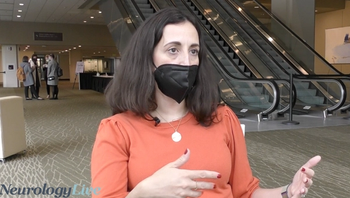
The professor of neurology at NYU Langone Grossman School of Medicine discussed her talk at AAN 2022 on neurological sequelae and follow-up in hospitalized and nonhospitalized patients with COVID-19. [WATCH TIME: 8 minutes]
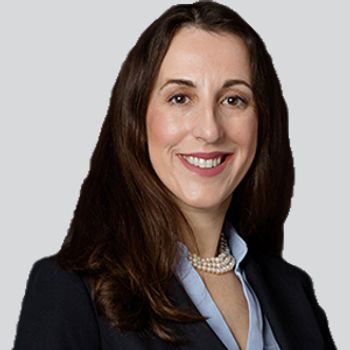
Abnormal scores on cognitive testing persisted in 50% of patients without a pre-COVID history of cognitive abnormalities, irrespective of the presence or absence of a neurological complication during hospitalization.
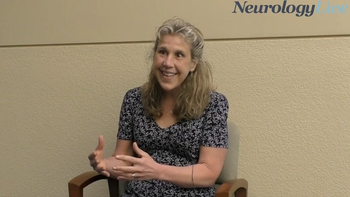
The professor of neurology at the NYU Grossman School of Medicine discussed her presentation at ACTRIMS Forum 2022, which showed better cognitive outcomes in MS following treatment with tDCS. [WATCH TIME: 3 minutes]